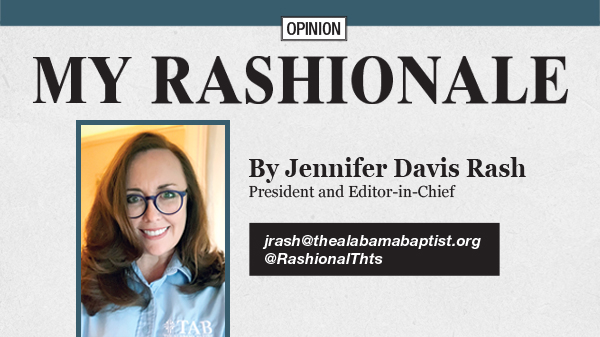The third grader spoke with absolute confidence and authority when he declared what would take place. He shared with great passion and clarity.
His friend stepped back in shock and countered with an opposing view, equally as confident in his own perspective.
The more they talked, the louder their voices became; soon they were in a full argument, both determined to win.
The debate between the two 8 year olds intrigued me because the words they were using, the concepts they were outlining and the understanding they were professing exceeded their age and grasp by at least a decade.
That’s when it hit me — they were merely parrots, repeating what they had heard stated emphatically in their homes.
I’ve experienced the same type of thing with a child making an observation about another person or an event of which he or she has no firsthand knowledge.
And I can recall times when I thought I was having a private conversation with a friend while her children played nearby, seemingly paying us no attention at all, and a few hours later one of the children mentioned specific details from the conversation.
These were all good lessons for me to realize that children wholeheartedly listen and believe what their parents and trusted adults in their lives say.
That challenges me to work hard to model how to give others the benefit of the doubt as our first response and how to show love and grace.
It also motivates me to be clear when I’m sharing an opinion or only one aspect of the story versus stating fact because I never want to tarnish the trust the children in my life, nor anyone of any age, have in me.
As believers, we know the Truth and we can choose to stand on it and not be afraid of all the stuff swirling around us, or we can let fear tempt us to hide behind it and sometimes use it to manipulate situations.
I’m guessing the explanation “because I said so” works in many parenting moments.
And while I’m not a parent, I have had plenty of times when I desperately wanted the person on the other side of the conversation to trust me and do what I was asking because I really did know best in that moment.
But in helping teach the children, teenagers and young adults in our lives how to reason and think around the issues of the world, would it serve them better to avoid loud, frustrated, soapbox-style rants that dismiss any opinion that isn’t exactly like the one leading the rant?
Would the conversations be more engaging and edifying if everyone’s true concerns could be discussed calmly and all questions were welcomed?
Allowing people to process out loud and talk things out isn’t conceding defeat to another viewpoint. It is merely receiving a front-row seat to that person’s reasoning session and could provide an opportunity to influence his or her thinking. It also might mean gaining a deeper understanding of the situation and/or the other person.






Share with others: